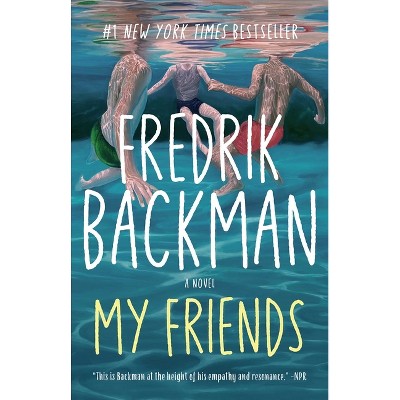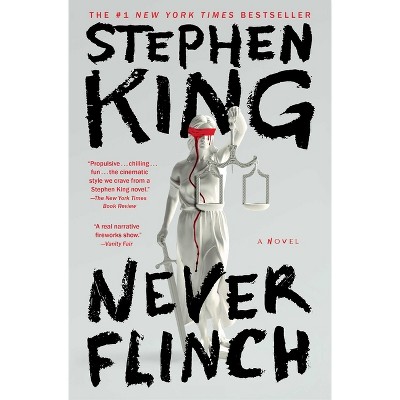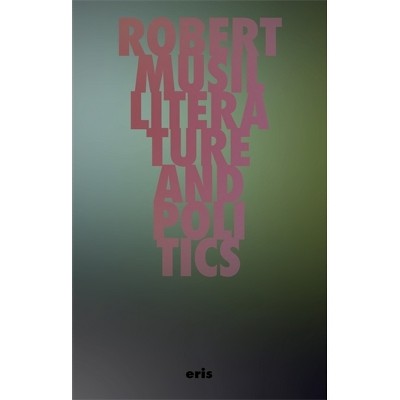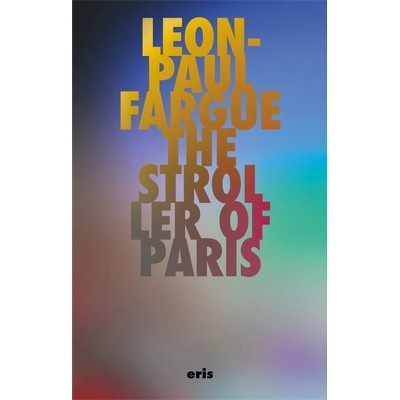Sponsored

Laughter - (Critical Century) by Henri Bergson (Paperback)
Pre-order
Sponsored
About this item
Highlights
- Why do we laugh?
- About the Author: Henri Bergson was one of the most influential philosophers of the twentieth century, celebrated for his explorations of time, consciousness, and creative evolution.
- 160 Pages
- Philosophy, Ethics & Moral Philosophy
- Series Name: Critical Century
Description
About the Book
In this classic 1900 essay, philosopher Henri Bergson anatomises the comic impulse with surgical clarity and lyrical wit.Book Synopsis
Why do we laugh? What does comedy reveal about human nature, society, and the mind's strange elasticity?
In this classic 1900 essay, philosopher Henri Bergson anatomises the comic impulse with surgical clarity and lyrical wit. For Bergson, laughter is no mere reflex. It is a social gesture, a corrective, a way for life itself to defend its supple intelligence against rigidity and habit. From pratfalls to irony, from the mechanical in the living to the absurd in the everyday, his argument ranges effortlessly between metaphysics and vaudeville. With a new introduction by Simon Critchley, Laughter emerges as both a foundational text in aesthetics and a startlingly modern theory of humour--anticipating Freud, Chaplin, and memes alike. An appended essay by Wyndham Lewis offers a bracing counterpoint: a modernist's rejoinder to Bergson's genial philosophy. Together they trace the fault-lines between laughter and cruelty, vitality and violence, thought and form. A century on, Bergson's question still bites: what makes us laugh--and why does it matter?About the Author
Henri Bergson was one of the most influential philosophers of the twentieth century, celebrated for his explorations of time, consciousness, and creative evolution. Born in Paris to a Polish-Jewish family, he taught at the Collège de France and became the first philosopher to win the Nobel Prize in Literature (1927). His major works--Time and Free Will, Matter and Memory, and Creative Evolution--profoundly shaped modern thought, influencing writers and thinkers from Proust and Joyce to Deleuze and Merleau-Ponty. In Laughter, Bergson turned his distinctive blend of intuition and analysis to the comic spirit, uncovering the deep connection between humour, vitality, and the social life of the mind.
Simon Critchley is a British philosopher and writer whose work spans ethics, politics, literature, and tragedy. He is the Hans Jonas Professor of Philosophy at the New School for Social Research in New York and a frequent contributor to The New York Times. His many books include Very Little... Almost Nothing, The Book of Dead Philosophers, Infinitely Demanding, and, recently published by ERIS, I Want to Die, I Hate my Life. Known for his wit and clarity, Critchley is one of today's most widely read and engaging public philosophers. Wyndham Lewis (1882-1957) was a British novelist, painter, and polemicist, and one of the most formidable figures of early modernism. Founder of the Vorticist movement and editor of BLAST, he combined radical visual experimentation with acerbic social critique. His novels, among them Tarr and The Apes of God, and essays such as The Art of Being Ruled made him both admired and feared in his lifetime. Lewis's writing on comedy reflects his lifelong preoccupation with the relation between laughter, aggression, and modernity.Shipping details
Return details
Trending Book Pre-Orders











